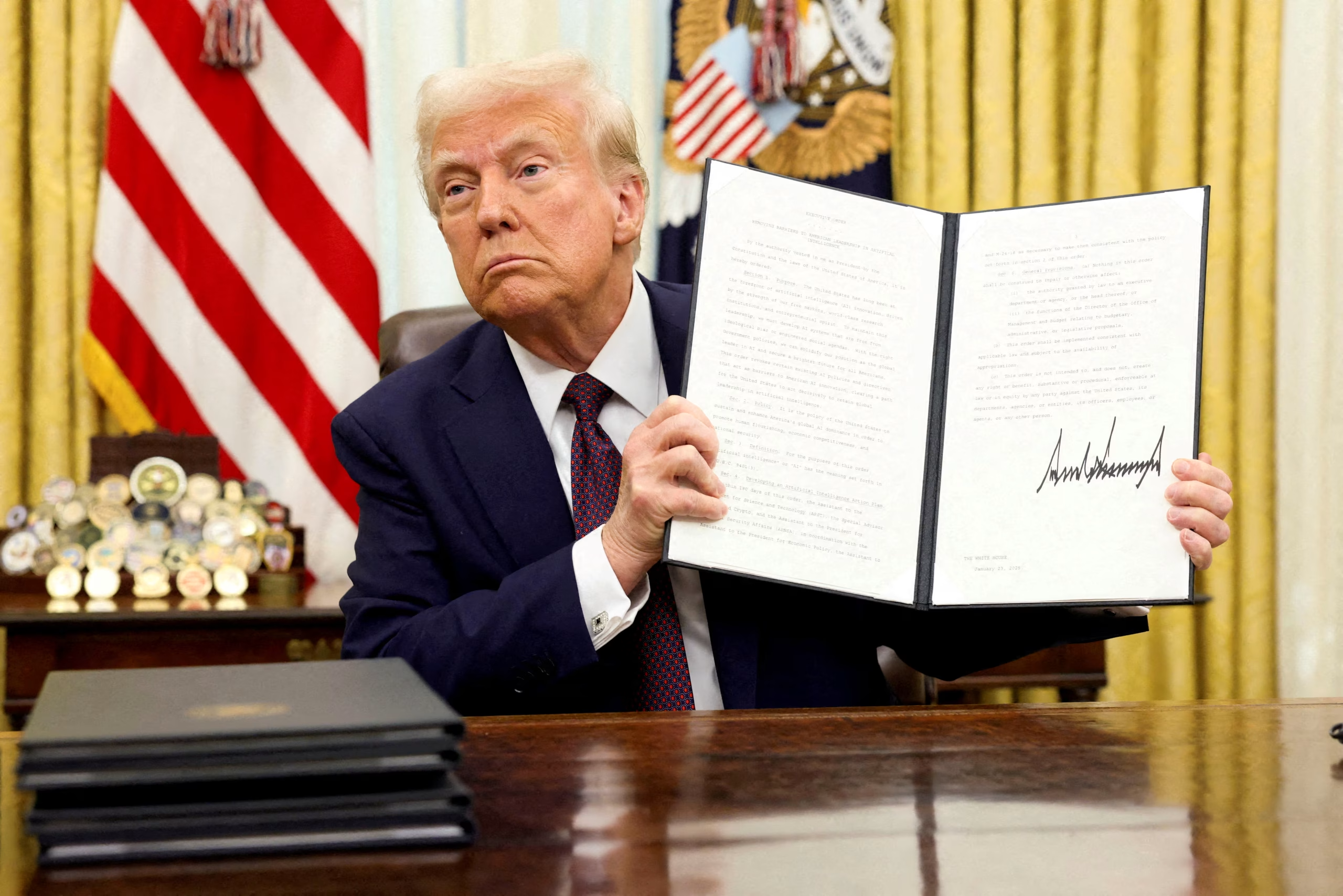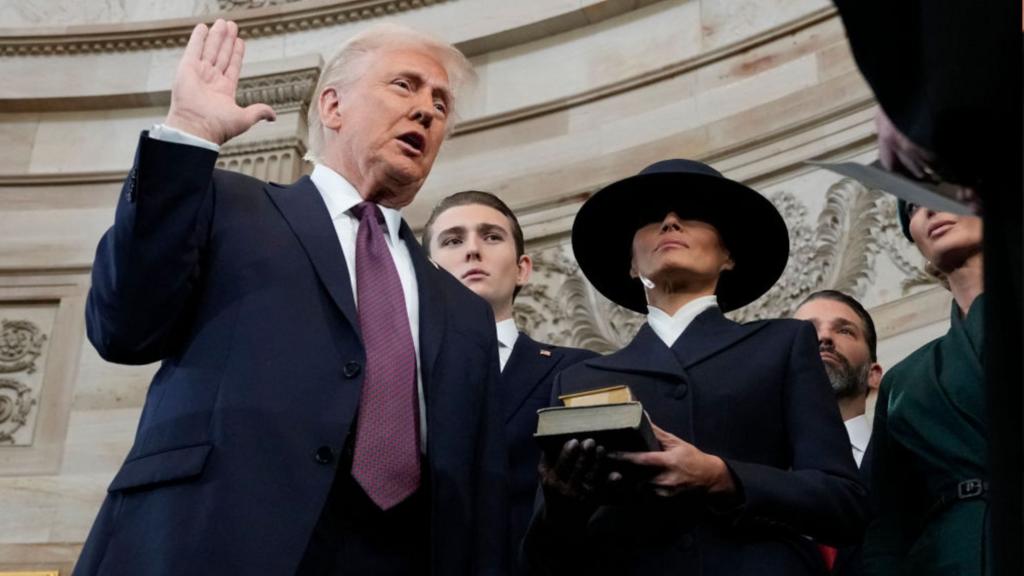President Donald Trump signed 26 Executive Orders on Day 1, a record amount in decades. One of these Orders has been lit in controversy as its legality has been debated among members of the media.
“PROTECTING THE MEANING AND VALUE OF AMERICAN CITIZENSHIP,” was the 12th Executive Order President Trump signed on his Inauguration day and his attempt at reinterpreting the 14th Amendment.
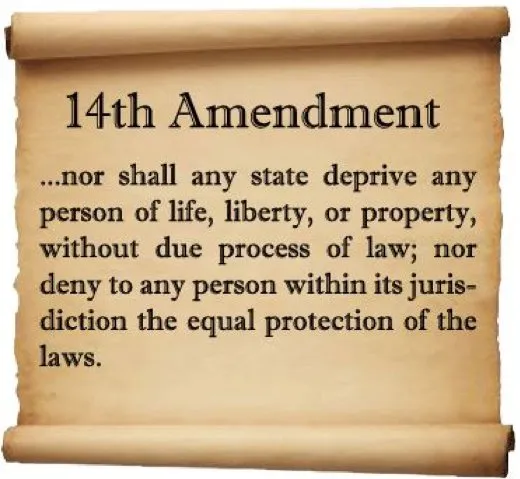 The Naturalization Act of 1790 was the first decision establishing a form of birthright citizenship, though it limited the rights to “free white person(s) … of good character.” After the Civil War, Congress ratified the 14th Amendment, which reestablishes birthright citizenship to all people, regardless of color, creed, or sex.
The Naturalization Act of 1790 was the first decision establishing a form of birthright citizenship, though it limited the rights to “free white person(s) … of good character.” After the Civil War, Congress ratified the 14th Amendment, which reestablishes birthright citizenship to all people, regardless of color, creed, or sex.
“All persons born or naturalized in the United States, and subject to the jurisdiction thereof, are citizens of the United States and of the State wherein they reside.”
-The 14th Amendment of the United States Constitution, Section 1, July 9, 1868
President Trump claims that “the Fourteenth Amendment has never been interpreted to extend citizenship universally to everyone born within the United States. The Fourteenth Amendment has always excluded from birthright citizenship persons who were born in the United States but not ‘subject to the jurisdiction thereof.‘”
Steve Archer, the Government teacher at Soddy Daisy High School, had this to say.
 “The President of the United States does not have the power under the Constitution and checks and balances to interpret the Constitution and apply it to an executive order.” He says, “They can use executive orders to direct departments to do this… but at the end of the day, only the Supreme Court… can actually change that.”
“The President of the United States does not have the power under the Constitution and checks and balances to interpret the Constitution and apply it to an executive order.” He says, “They can use executive orders to direct departments to do this… but at the end of the day, only the Supreme Court… can actually change that.”
The Constitution grants broad power to the President, allowing them to “take Care that the Laws be faithfully executed,” and also states that Congress has the power to amend the Constitution and the Supreme Court to interpret it.
“I don’t foresee them allowing a President to interpret and to imply his interpretation to  essentially allow his departments and agencies under the executive branch to enforce his interpretation.”
essentially allow his departments and agencies under the executive branch to enforce his interpretation.”
Last Thursday, Senior U.S. District Judge John C. Coughenour temporarily blocked President Trump’s order to redefine birthright citizenship, stating, “This is a blatantly unconstitutional order.”
“The Courts are there for recourse to really determine whether or not this is applicable. The courts then would say, ‘well the president says this,’ somebody challenges it, and the courts would have the final decision,” Mr. Archer says.
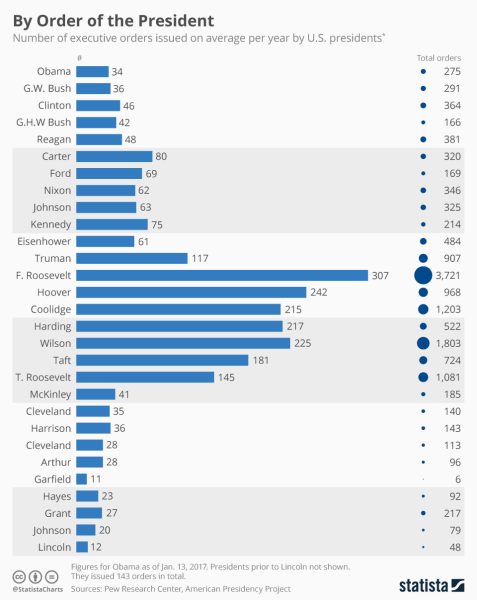 Many have brought up the justification of Executive Orders, arguing against the power they hold. Elizabeth Goitein from the Brennan Center for Justice states, “In recent decades, Congress has abdicated much of its power, allowing the executive branch to assume the responsibility of policymaking—and the political risk that comes with it.”
Many have brought up the justification of Executive Orders, arguing against the power they hold. Elizabeth Goitein from the Brennan Center for Justice states, “In recent decades, Congress has abdicated much of its power, allowing the executive branch to assume the responsibility of policymaking—and the political risk that comes with it.”
Executive Orders have an incredible amount of power, having the ability to make changes in seconds that would take Congress years to make. Is that much power vested in a single person?
Mr. Archer responds, “As of late, executive orders have allowed to maybe skirt certain things… it really depends on how willing Congress is to say, ‘Hey, you’re going a little too far in the courts.’”
Goitein reiterates, “Balancing power among three branches of government can slow progress on important issues—but it remains the best way, and perhaps the only way, to preserve our democracy, our liberties, and our security.”
Mr. Archer says President Trump is not doing anything different with the flurry of Executive Orders than other presidents in the past, but instead, it’s the content of some of these orders that have upset so many people.
“I don’t really think they’ve gone any further than some of them we have seen in the past, it just depends upon, are we the citizens gonna challenge it? They are going to try to get away with what they can, unless you put them in their place and say ‘That’s not what you do.‘”
“It’s us at the end of the day… it’s got to be us to be the ones to put them in their place. Contact congress people… pester them, it’s why they are public servants.”
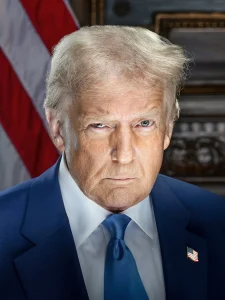
The new administration has indicated several changes could be coming to currently established laws as more cabinet positions are filled. What these new executive orders will be and how they will impact the country remains to be seen. But Mr. Archer believes the next four years will be interesting.
“Based upon the train that’s comin’, I see a lot of stuff coming out and being shot down. It’s going to be an interesting 4 years.”
